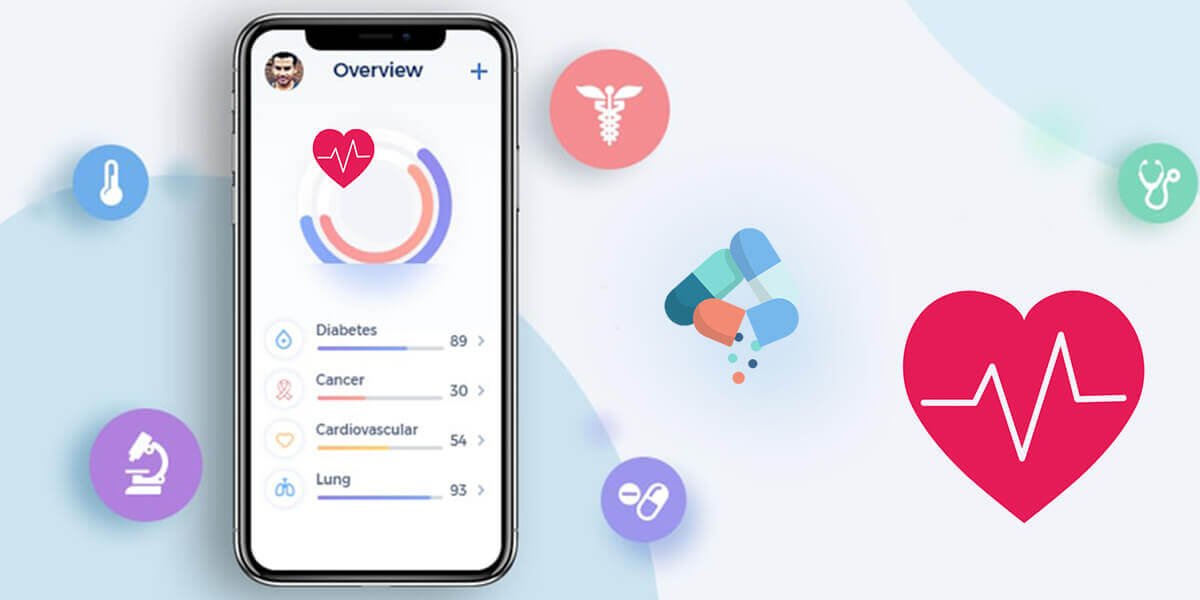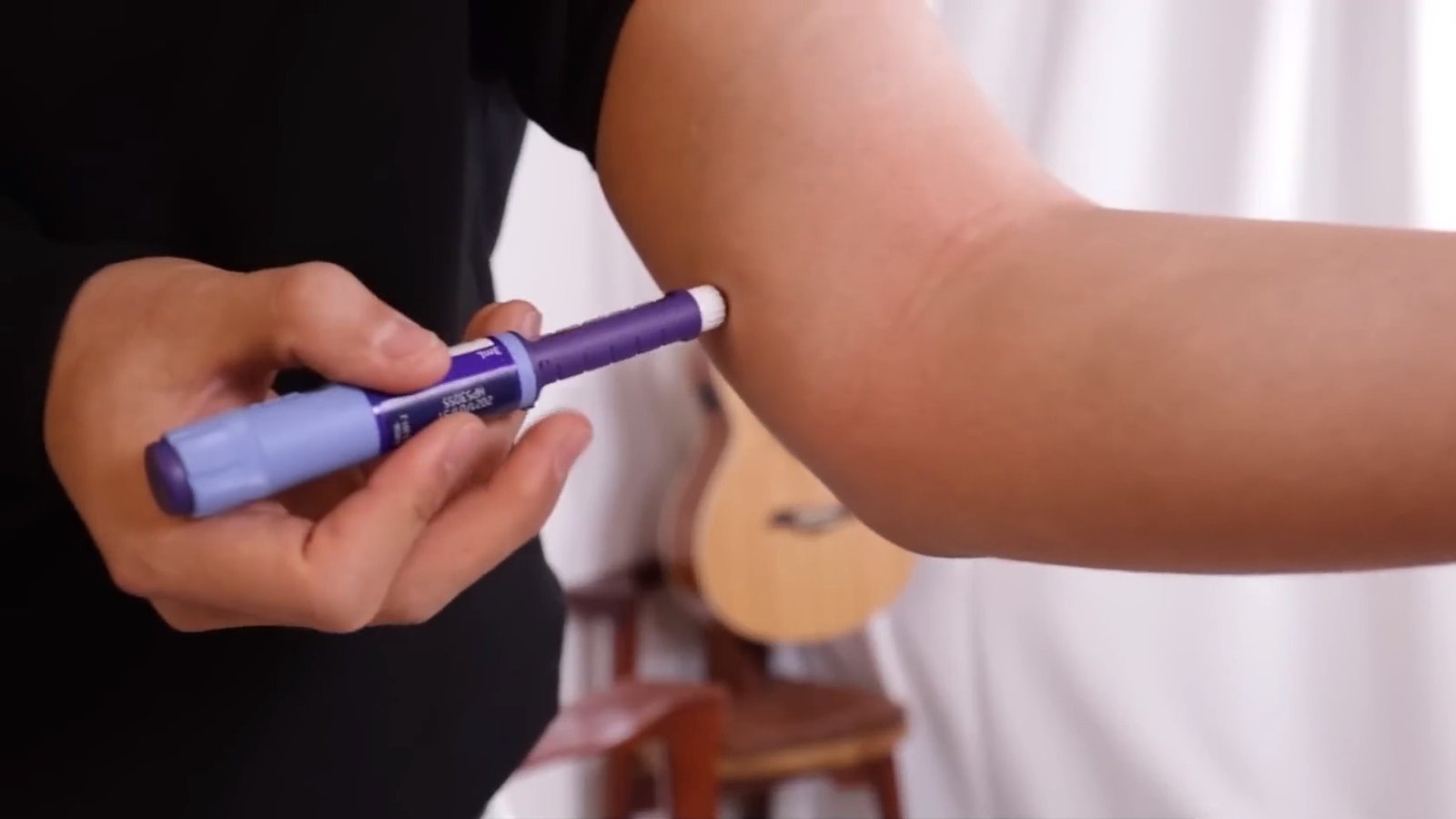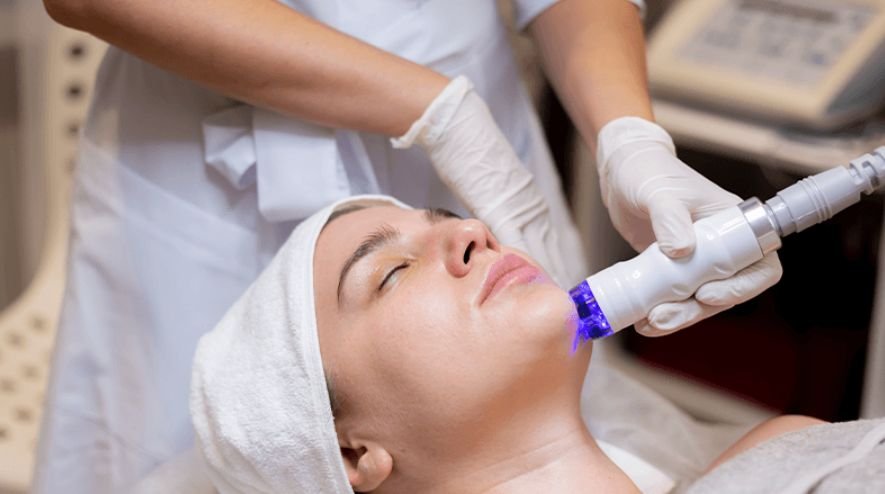In today’s fast-paced digital world, mobile apps have significantly changed how industries operate, and healthcare is no exception. From enhancing patient engagement to optimizing operations, mobile apps have become essential tools for healthcare businesses. Whether it’s a hospital, clinic, telemedicine service, or pharmacy, having a mobile app is no longer just an advantage—it has become a necessity.
In this blog, we will explore why every healthcare business needs a mobile app today and how healthcare app development can transform patient care, improve operational efficiency, and drive overall business growth.
Enhancing Patient Engagement and Experience
Patient experience is at the heart of every healthcare business. Mobile apps provide a direct and personalized channel to engage patients, which helps in building trust and loyalty.
- Appointment Scheduling: Patients can conveniently book, reschedule, or cancel appointments without having to wait on phone calls. This reduces administrative burden and improves patient satisfaction.
- Push Notifications: Reminders for appointments, medication schedules, or health check-ups can be sent directly through the app, ensuring better compliance.
- Personalized Health Insights: Mobile apps can provide personalized tips, diet plans, and health recommendations based on patient history and preferences.
When patients feel cared for and valued, they are more likely to remain loyal to your healthcare services.
Simplifying Access to Healthcare Services
Accessibility is one of the biggest challenges in healthcare. Mobile apps break geographical and time barriers, allowing patients to access healthcare services anytime, anywhere.
- Telemedicine Integration: Patients can consult doctors remotely via video calls, reducing the need for physical visits, especially in rural areas or during emergencies.
- Digital Health Records: Mobile apps enable patients to view and manage their medical history securely, helping them track their health journey efficiently.
- Real-time Communication: Instant chat support or messaging with healthcare professionals ensures that patients get timely guidance and attention.
By offering convenient access to services, healthcare businesses can significantly improve patient satisfaction and retention.
Improving Operational Efficiency
Healthcare operations involve multiple processes, from patient management to billing and inventory management. A mobile app can streamline these processes, saving time and reducing errors.
- Automated Appointment Management: Reduce no-shows and administrative work with automated reminders and scheduling tools.
- Digital Billing and Payments: Patients can make payments through the app, reducing paperwork and ensuring transparency.
- Inventory Management: Apps can track medication stock levels and alert staff for restocking, reducing shortages or wastage.
Operational efficiency translates to cost savings, better resource utilization, and improved overall service quality.
Empowering Data-Driven Decisions
Healthcare businesses generate massive amounts of data every day. Mobile apps can collect, analyze, and present this data in actionable formats.
- Patient Analytics: Track patient behavior, treatment outcomes, and service usage to identify trends and improve care strategies.
- Performance Metrics: Monitor the efficiency of hospital departments, staff productivity, and appointment trends.
- Predictive Insights: AI-powered analytics can predict patient needs or potential health risks, allowing proactive care and preventive measures.
Data-driven decision-making not only improves healthcare outcomes but also helps businesses stay competitive in a rapidly evolving market.
Boosting Marketing and Outreach
Mobile apps are not just tools for service delivery—they’re also effective marketing channels. Healthcare businesses can leverage apps to enhance visibility, attract new patients, and retain existing ones.
- Loyalty Programs and Discounts: Reward loyal patients with special offers or health packages.
- Health Awareness Campaigns: Share articles, videos, or tips on maintaining health, wellness, and preventive care.
- Reviews and Feedback: Collect patient feedback to understand areas of improvement and enhance your reputation.
A well-designed app strengthens your brand and positions your healthcare business as modern, tech-savvy, and patient-centric.
Ensuring Compliance and Security
Data security and regulatory compliance are critical in healthcare. Mobile apps can be designed to meet industry standards and ensure patient data protection.
- HIPAA and GDPR Compliance: Secure patient information and communication in accordance with healthcare regulations.
- Encrypted Data Storage: Protect sensitive patient data from breaches and unauthorized access.
- User Authentication: Multi-factor authentication ensures only authorized users can access medical records.
A secure mobile app not only protects patients’ privacy but also enhances trust in your healthcare brand.
Supporting Preventive and Remote Healthcare
The modern healthcare industry is shifting from reactive treatment to proactive and preventive care. Mobile apps play a vital role in this transformation.
- Health Monitoring: Wearable integration allows tracking of vitals such as heart rate, blood pressure, and glucose levels.
- Medication Reminders: Patients are reminded to take their medications on time, reducing the risk of complications.
- Telehealth Services: Early diagnosis and remote consultations prevent unnecessary hospital visits and reduce strain on healthcare facilities.
By enabling preventive care, healthcare businesses can improve patient outcomes and reduce operational burdens.
Staying Competitive in the Digital Era
Healthcare is evolving rapidly, and patients now expect digital convenience. Businesses without a mobile app risk falling behind competitors who offer seamless, tech-driven experiences.
- Enhanced Patient Experience: Mobile apps provide a modern, convenient, and personalized patient experience.
- Brand Differentiation: A well-designed app sets your healthcare business apart in a crowded market.
- Technology Adoption: Embracing digital tools demonstrates innovation, attracting tech-savvy patients and professionals.
Investing in a mobile app ensures your healthcare business remains relevant, efficient, and competitive in 2025 and beyond.
Key Features Every Healthcare Mobile App Should Have
To maximize the benefits, a healthcare mobile app should include the following features:
- Appointment Booking & Management – Easy scheduling and reminders.
- Telemedicine & Video Consultations – Access to doctors remotely.
- Patient Records Management – Secure access to medical history and test reports.
- Medication Tracking & Reminders – Ensure timely medication intake.
- Health Insights & Personalized Recommendations – Encourage healthier lifestyles.
- Notifications & Alerts – Reminders for appointments, tests, or health campaigns.
- Payment Gateway Integration – Simplified billing and transactions.
- Feedback & Ratings – Collect patient reviews for improvement.
A user-friendly and feature-rich app enhances both patient experience and operational effectiveness.
Conclusion
The healthcare industry is experiencing a digital transformation, with mobile apps leading the way. These apps play a crucial role in enhancing patient engagement and accessibility, streamlining operations, and enabling data-driven decision-making.
For hospitals, clinics, pharmacies, and telemedicine providers, investing in a mobile app has become essential. It’s not just an option anymore; it’s a strategic decision that boosts patient satisfaction, improves operational efficiency, and strengthens your brand in a competitive marketplace.
















Leave a Reply